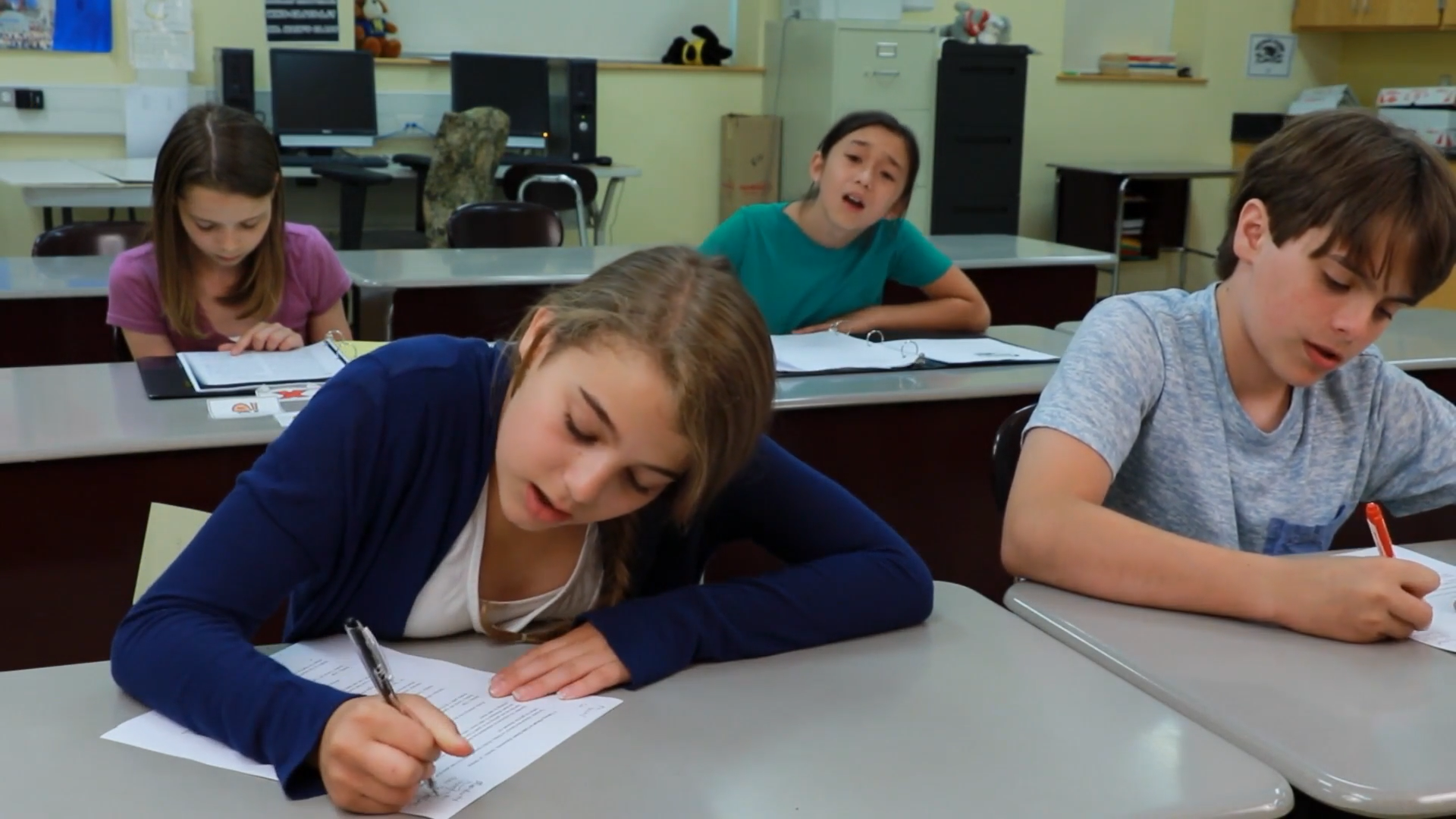As educators, we strive to create a positive learning environment for our students. One important skill for PreK students to learn is knowing when it’s best to ignore others. This helps them focus on their own tasks and prevent unnecessary conflicts. In this blog post, we will discuss an easy no-prep activity, discussion questions, related skills, and next steps to help teach PreK students this valuable social skill.
Introduction
Teaching young children when to ignore others is an essential aspect of social-emotional learning. It helps them understand that sometimes people can be unintentionally disruptive, and it’s more effective to focus on their tasks instead of getting upset or engaging in conflict. This skill not only promotes a positive learning environment but also fosters emotional regulation and self-awareness in children.
No-Prep Activity
Here’s a simple activity that requires no preparation or materials from the educator:
- Ask the students to sit in a circle. Explain that they will take turns sharing something they enjoy doing or a favorite toy.
- As each child shares, encourage the other students to practice ignoring any distractions around them and focus on listening to the speaker.
- After each child has had a turn, discuss how well they were able to ignore distractions and focus on the speaker. Praise their efforts and provide constructive feedback.
This activity helps students practice focusing on the speaker and ignoring potential distractions in a controlled setting. It also provides an opportunity for them to practice empathy by actively listening to their peers.
Discussion Questions
Use these questions to stimulate further discussion about when it’s best to ignore others:
- What are some situations where it might be better to ignore someone rather than trying to fix the situation?
- How can ignoring distractions help you focus on your tasks and feel more successful in the classroom?
- What are some strategies you can use to help you ignore distractions and focus on your work?
- How can you support your classmates when they are trying to ignore distractions and focus on their tasks?
Related Skills
Teaching PreK students when to ignore others is just one aspect of social-emotional learning. Other related skills that can be taught alongside this skill include:
- Emotional regulation: learning to manage and express emotions in appropriate ways.
- Self-awareness: understanding one’s own emotions, strengths, and weaknesses.
- Active listening: paying full attention to the speaker and showing empathy.
- Conflict resolution: learning to resolve disagreements in a respectful and positive manner.
Next Steps
Now that you have learned about teaching PreK students when to ignore others and its importance in social-emotional learning, take the next step by signing up for free samples of related skill-building materials at Everyday Speech. These resources will help you create a supportive and positive learning environment for your students, fostering their emotional growth and social development.






